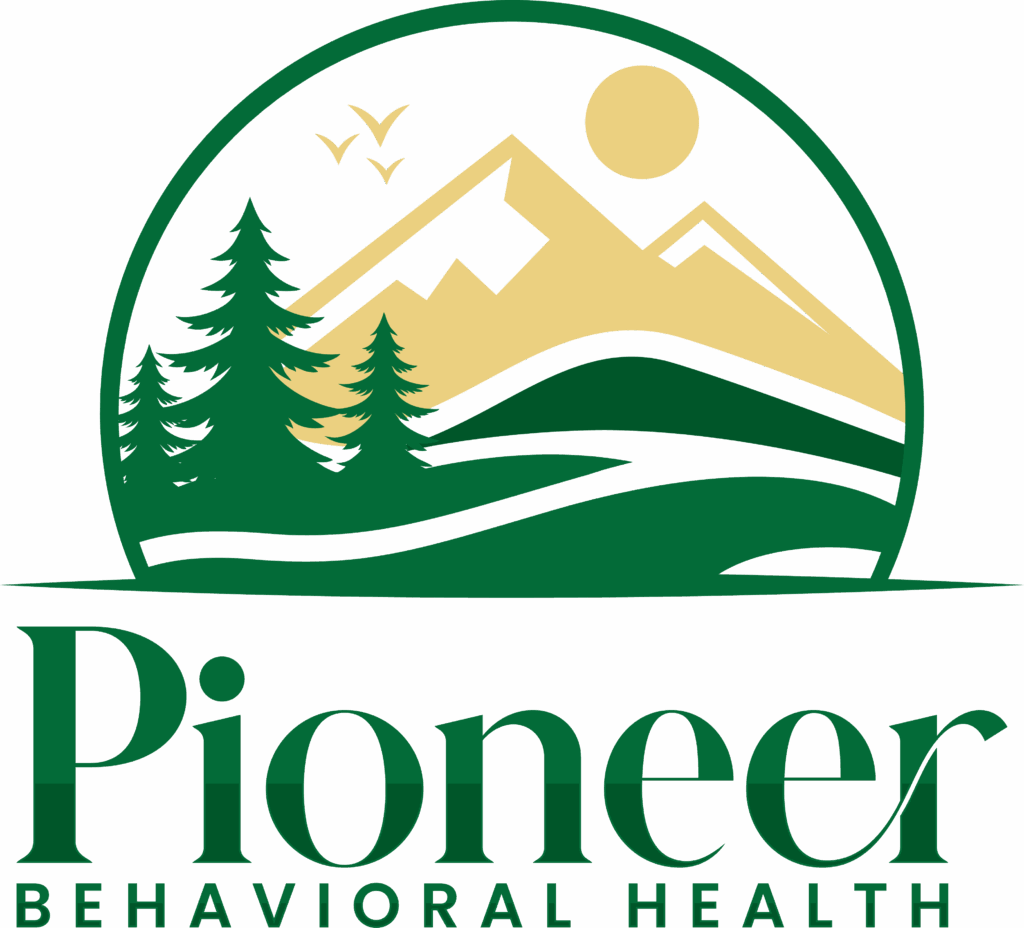The early stages of addiction recovery can be both physically and emotionally challenging. Feelings of stress, anxiety, hypersensitivity, and depression are common as your body and mind adjust to a life without substances. While these emotions may sometimes trigger the urge to relapse, there are healthier ways to manage them. One of the most effective tools for supporting recovery is exercise.
Physical activity stimulates the release of endorphins—natural chemicals that enhance feelings of well-being and happiness. Exercise not only helps reduce stress and improve mood but also serves as a productive outlet for emotional distress, keeping you focused and motivated throughout recovery. Here are 10 ways exercise can support your journey toward a healthier, substance-free life.
1. Exercise Can Be a Stress-Reliever
Stress is one of the most common triggers for relapse, but it’s also an unavoidable part of life. To maintain long-term sobriety, it’s crucial to develop healthy coping mechanisms for managing stress. Exercise has been scientifically proven to reduce both physical and psychological stress. Movement helps release built-up tension caused by poor posture, emotional distress, or difficult interactions.
Additionally, physical activity requires both emotional and physical energy. By expending that energy in a healthy way, you reduce the likelihood of turning to substances for relief. Whether you prefer running, swimming, or practicing yoga, regular exercise helps release negative emotions and strengthens your ability to handle stress.
2. Exercise Can Naturally and Positively Alter Brain Chemistry
Substance use disrupts the brain’s natural reward system, making it dependent on drugs or alcohol for pleasure and satisfaction. When you stop using substances, your brain may struggle to produce the chemicals responsible for mood regulation, leading to feelings of anxiety, depression, and loneliness.
Exercise helps restore this chemical balance by stimulating the release of endorphins—natural chemicals that promote happiness and well-being. Consistent physical activity allows your brain to regain its ability to regulate mood naturally, reducing cravings and enhancing emotional stability.
3. Exercise Can Function as Meditation in Motion

Exercise is often called “meditation in motion” because it provides many of the same emotional and psychological benefits as traditional meditation. When you engage in physical activity, your focus shifts to your body and breath, allowing you to temporarily set aside stress and negative thoughts.
This clarity helps you approach daily challenges with a clear mind, reducing the risk of relapse. The meditative effects of exercise also promote relaxation and optimism, helping you stay encouraged throughout your recovery. Whether it’s walking in nature or practicing yoga, physical activity can help you feel more present and grounded.
4. Exercise Can Reduce Cravings
Cravings are a common challenge in addiction recovery, but exercise can help diminish their intensity. Physical activity increases your heart rate, improves circulation, and delivers more oxygen and nutrients to your muscles. This boost in energy and vitality can help you feel more resilient when facing cravings.
Additionally, the endorphins released during exercise create a sense of pleasure and reward, which can counteract the desire for substances. By incorporating regular physical activity into your routine, you can build a stronger defense against cravings and remain focused on your recovery goals.
5. Exercise Can Help You Establish a Healthy Routine
After quitting drugs or alcohol, many people find themselves with extra free time. While this free time can be an opportunity for growth, it can also lead to boredom and temptation if not used productively. Developing an exercise routine provides structure and purpose, turning idle time into an opportunity for self-improvement.
Exercise classes and fitness programs create accountability, making it easier to stay committed to your goals. Regular physical activity can also:
- Reduce the temptation to engage in unhealthy behaviors
- Provide a healthy distraction during high-risk times, such as social events
- Encourage better decision-making and focus on well-being
- Teach discipline and goal-setting, boosting confidence
6. Exercise Can Improve Your Mood
Mood swings are common in the early stages of recovery as your brain adjusts to life without substances. One moment, you may feel motivated and optimistic, while the next, you might experience anxiety or sadness. Exercise can help stabilize and enhance your mood by promoting the release of serotonin, dopamine, and endorphins—neurotransmitters that regulate emotions.
The phenomenon known as “runner’s high” refers to the euphoric sensation many people experience after intense physical activity. This natural high can provide a sense of joy and accomplishment, helping you maintain a positive outlook on life. By improving your mood, exercise can help you stay motivated and resilient in recovery.
7. Exercise Can Boost Self-Esteem and Self-Image
Building self-esteem is an essential part of addiction recovery. When you take care of your body through exercise, you develop a sense of pride and confidence that improves your overall self-image. As you achieve fitness milestones—whether it’s running a mile, lifting heavier weights, or mastering a yoga pose—you reinforce the belief that you are capable of overcoming challenges.
This sense of accomplishment extends beyond the gym, strengthening your determination in other areas of recovery. Additionally, improving your physical health can help you feel more confident in social situations, reducing self-doubt and insecurity.
8. Exercise Can Help You Build Healthy Relationships
Recovery can sometimes feel isolating, but exercise offers a way to connect with others who share your commitment to a healthy lifestyle. Joining a fitness class, running club, or sports team can help you build relationships based on positive, shared interests.
These connections provide a sense of belonging and support, reducing feelings of loneliness that can contribute to relapse. Some community centers and gyms even offer fitness programs designed for individuals in recovery, creating a safe space where you can bond with others who understand your journey. By surrounding yourself with supportive people, you’ll feel less tempted to reconnect with old social circles associated with substance use.
9. Exercise Can Improve Sleep Quality
Quality sleep is essential for both physical and mental health, but many people in recovery struggle with insomnia. Poor sleep can increase the risk of relapse, making it harder to cope with stress and cravings. Exercise promotes relaxation and reduces anxiety, helping improve sleep quality.
Research shows that engaging in at least 150 minutes of moderate-to-intense physical activity per week can enhance sleep by up to 65%. Exercise also helps you fall asleep faster and experience deeper, more restorative rest. If you struggle with sleep, try incorporating light activities such as stretching or yoga before bed to prepare your body for rest.
10. Exercise Strengthens Your Body
Substance use takes a toll on the body, weakening the immune system and damaging organs such as the heart, liver, and lungs. Exercise can help reverse these effects by strengthening the body and improving overall health. Regular physical activity can:
- Improve heart health and circulation
- Increase lung capacity and breathing efficiency
- Reduce inflammation and support immune function
- Enhance brain function and cognitive abilities
- Lower the risk of chronic conditions such as heart disease and diabetes
By restoring physical health, exercise can help you feel stronger, more energized, and better equipped to maintain long-term sobriety.
Exercise Your Way to a Better Life

Recovery is about more than just quitting drugs or alcohol—it’s about creating a healthier, more fulfilling life. Exercise plays a crucial role in this transformation by helping you manage stress, improve mood, and build confidence. Whether you enjoy running, swimming, cycling, weightlifting, or yoga, finding an activity that brings you joy can make recovery more rewarding.
If you’d like personalized guidance on incorporating exercise into your recovery plan, the compassionate team at Pioneer Behavioral Health is here to help. Our holistic approach to addiction treatment includes physical wellness, ensuring that you have the tools and support needed to thrive.
Contact Us Today
Ready to experience the benefits of exercise in your recovery journey? Contact us today to speak with a recovery expert. Our team can help you explore physical activities that fit your lifestyle and support your long-term sobriety.
Don’t wait—contact us to take the first step toward a healthier, happier future today.

